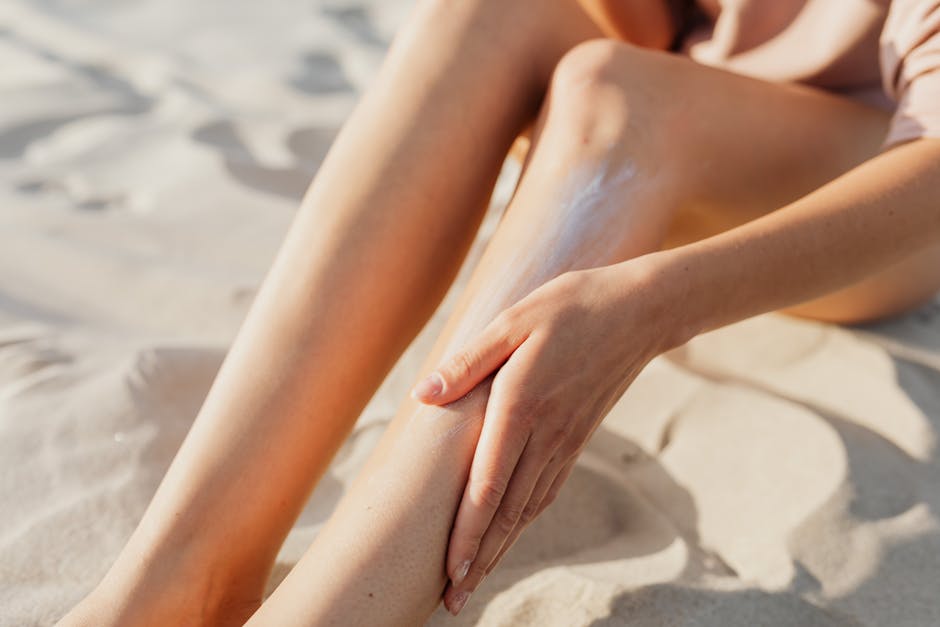
Is SPF 15 Enough? What Dermatologists Want You to Know
Many people apply SPF 15 daily thinking it offers complete protection, but is SPF 15 enough for sun protection? Dermatologists urge caution—especially if you’re concerned about premature aging, sun spots, or long-term damage. Let’s unpack what SPF truly means and whether your current routine is working as well as you think.
What Does SPF 15 Really Mean?
SPF stands for “Sun Protection Factor” and measures how well a sunscreen protects against UVB rays—the type that causes sunburn and contributes to skin cancer. SPF 15 theoretically allows you to stay in the sun 15 times longer without burning than unprotected skin. But here's the catch: it's based on lab conditions.
In real life, sweat, swimming, and insufficient application reduce effectiveness. Even indoors, UVA rays can penetrate windows, accelerating skin aging. So, is SPF 15 enough for your actual lifestyle? That depends on multiple factors, including your environment, skin type, and daily sun exposure.
Is SPF 15 Enough for Sun Protection?
SPF 15 is not enough for adequate sun protection if you're outdoors for more than a few minutes or concerned about skin aging and cancer. Dermatologists generally recommend SPF 30 or higher for daily use, especially if you live in sunny climates or have fair skin.
- SPF 15 blocks about 93% of UVB rays
- SPF 30 blocks around 97%
- SPF 50 blocks up to 98%
- Proper reapplication every 2 hours is crucial
SPF 15 vs. SPF 30 vs. SPF 50
| SPF Level | UVB Protection | Ideal For |
|---|---|---|
| SPF 15 | ~93% | Short indoor exposure, low-risk environments |
| SPF 30 | ~97% | Everyday outdoor use, normal skin types |
| SPF 50 | ~98% | Fair skin, sensitive skin, prolonged sun exposure |
Even though the percentage difference seems small, SPF 30 offers double the protection duration of SPF 15 when applied correctly.
Why Dermatologists Recommend Higher SPF
The best sunscreen dermatologist recommended is usually SPF 30 or higher with broad-spectrum protection. Here's why:
- Most people apply only 25–50% of the required amount
- High SPF compensates for under-application
- SPF 30+ offers stronger protection in real-world conditions
- UVA rays cause deep wrinkles and sagging—even indoors
Using a higher SPF becomes even more crucial if you're using actives like retinol or AHAs, which increase sun sensitivity.
Tips to Protect Your Skin from the Sun
Beyond just SPF, there are smarter ways to protect your skin year-round:
- Apply sunscreen 15 minutes before sun exposure
- Reapply every 2 hours or after sweating/swimming
- Wear a wide-brimmed hat and sunglasses
- Seek shade between 10 AM and 4 PM
- Use UPF-rated clothing for added protection
- Don’t forget ears, lips, and the back of your neck
Want to know how much sunscreen is enough? Use a nickel-sized amount for your face and about a shot glass full for your body.
Choosing the Best Sunscreen for Daily Use
Choosing sunscreen can be overwhelming with so many options. Here's what dermatologists suggest looking for:
- SPF 30+ for everyday wear
- Broad-spectrum protection (UVA + UVB)
- Non-comedogenic if you have acne-prone skin
- Water-resistant if you're active
- Mineral sunscreens with zinc oxide for sensitive skin

The sunscreen best protection doesn’t need to be the most expensive—it needs to match your skin type, lifestyle, and daily habits. Brands like EltaMD, La Roche-Posay, and Neutrogena frequently appear in dermatologist-recommended lists for good reason.
FAQs
Is SPF 15 enough for daily indoor use?
SPF 15 may be sufficient if you're indoors all day with limited sunlight exposure, but dermatologists still recommend SPF 30+ for full protection from UVA rays coming through windows.
Can I mix my SPF 15 moisturizer with another sunscreen?
Layering two SPF products doesn’t add up linearly. It’s best to choose a single broad-spectrum sunscreen with at least SPF 30 for optimal protection.
What SPF do dermatologists recommend?
Most dermatologists recommend using a broad-spectrum sunscreen with at least SPF 30 every day, regardless of the weather or season.
Does higher SPF clog pores or cause breakouts?
Not if you choose a non-comedogenic formula. Mineral sunscreens with zinc oxide are ideal for acne-prone or sensitive skin.
Pillar Article: How to Apply Sunscreen Correctly: A Beginner’s Daily Guide
Other Related Articles:
- Your Lips Need Sunscreen Too—Here’s Why It Matters
- What Is the Best SPF Sunscreen Protection for Daily Use?
- Safe Sun Tips You’ll Wish You Knew Sooner
Explore More:



0 Comments